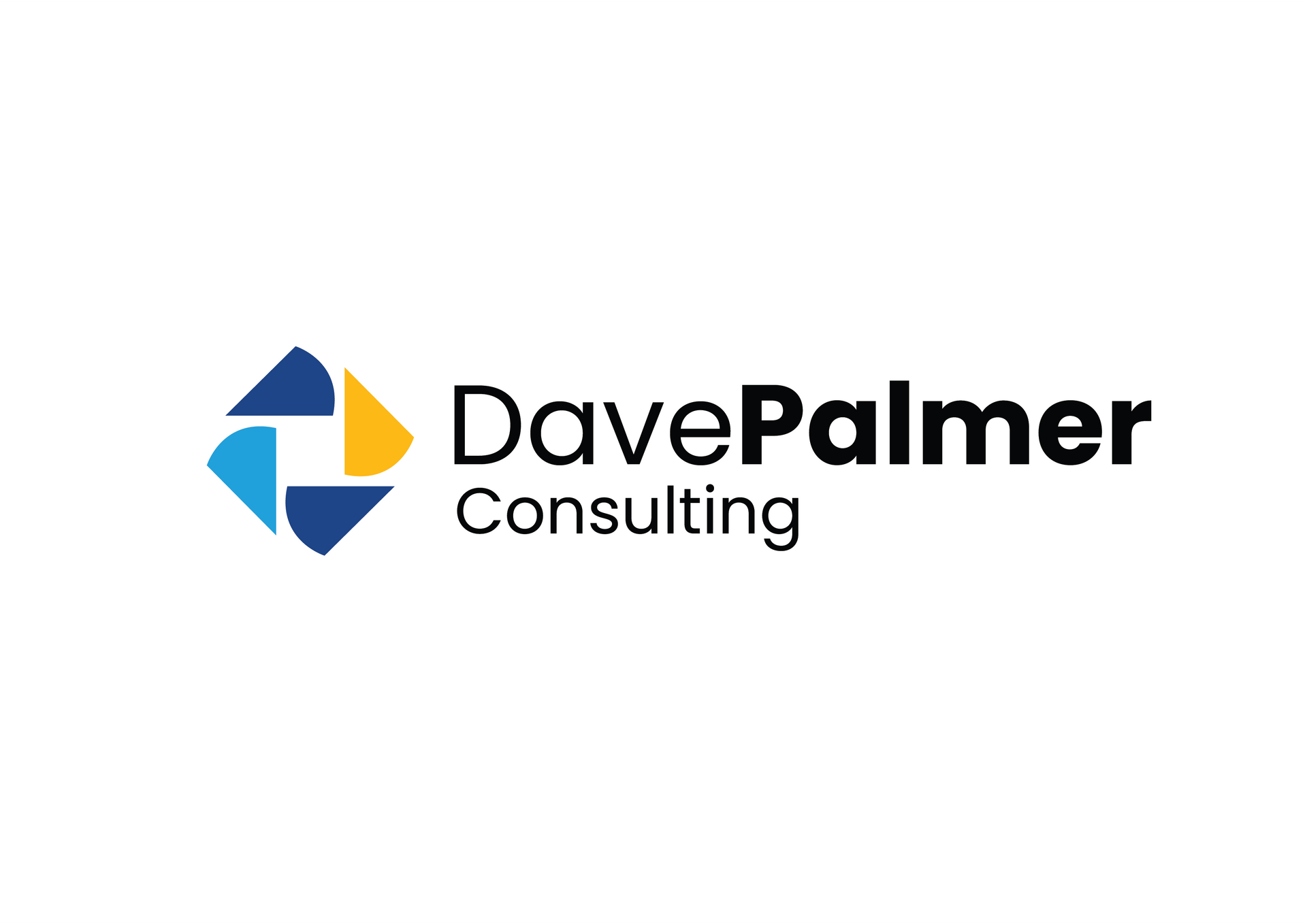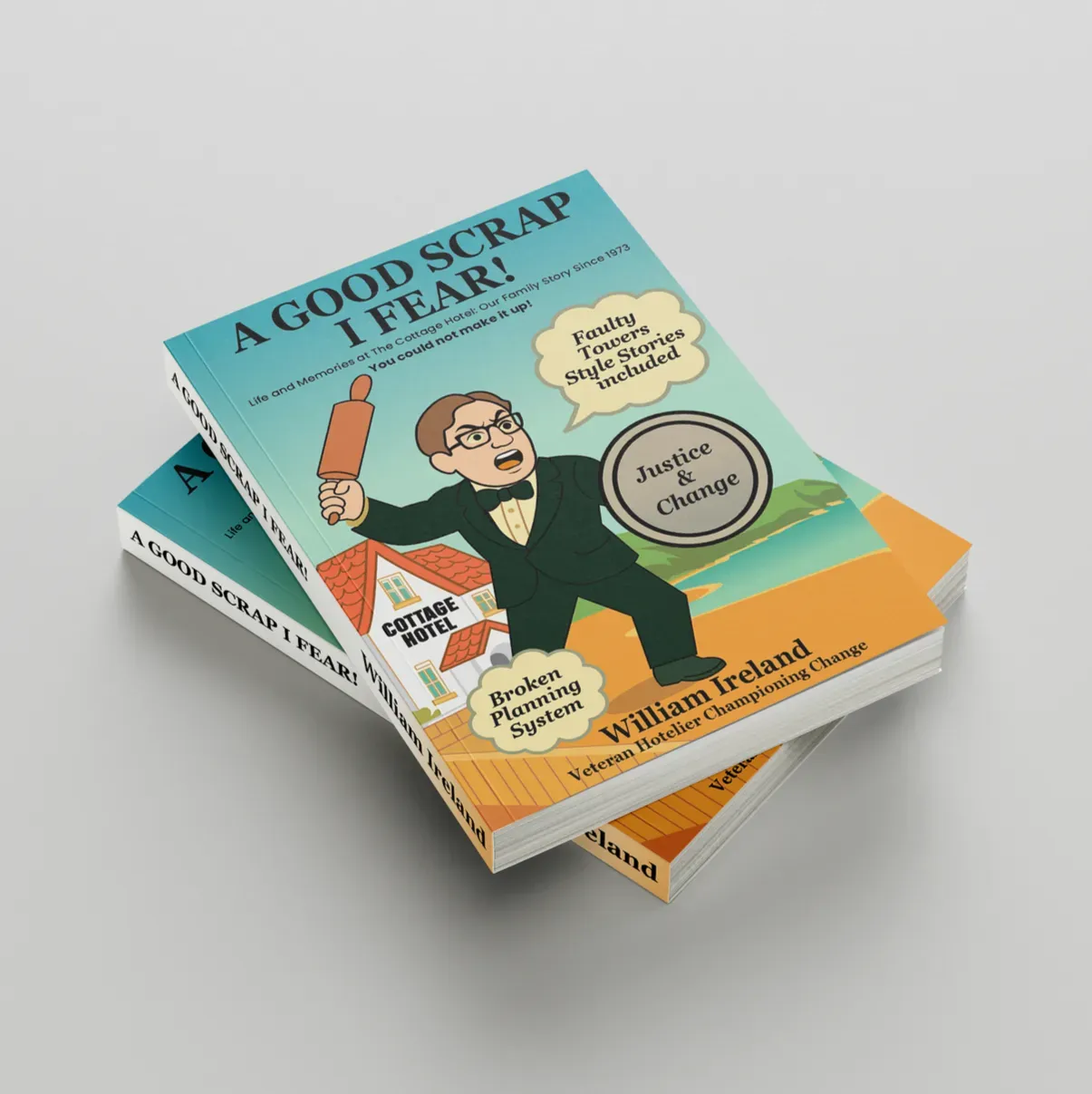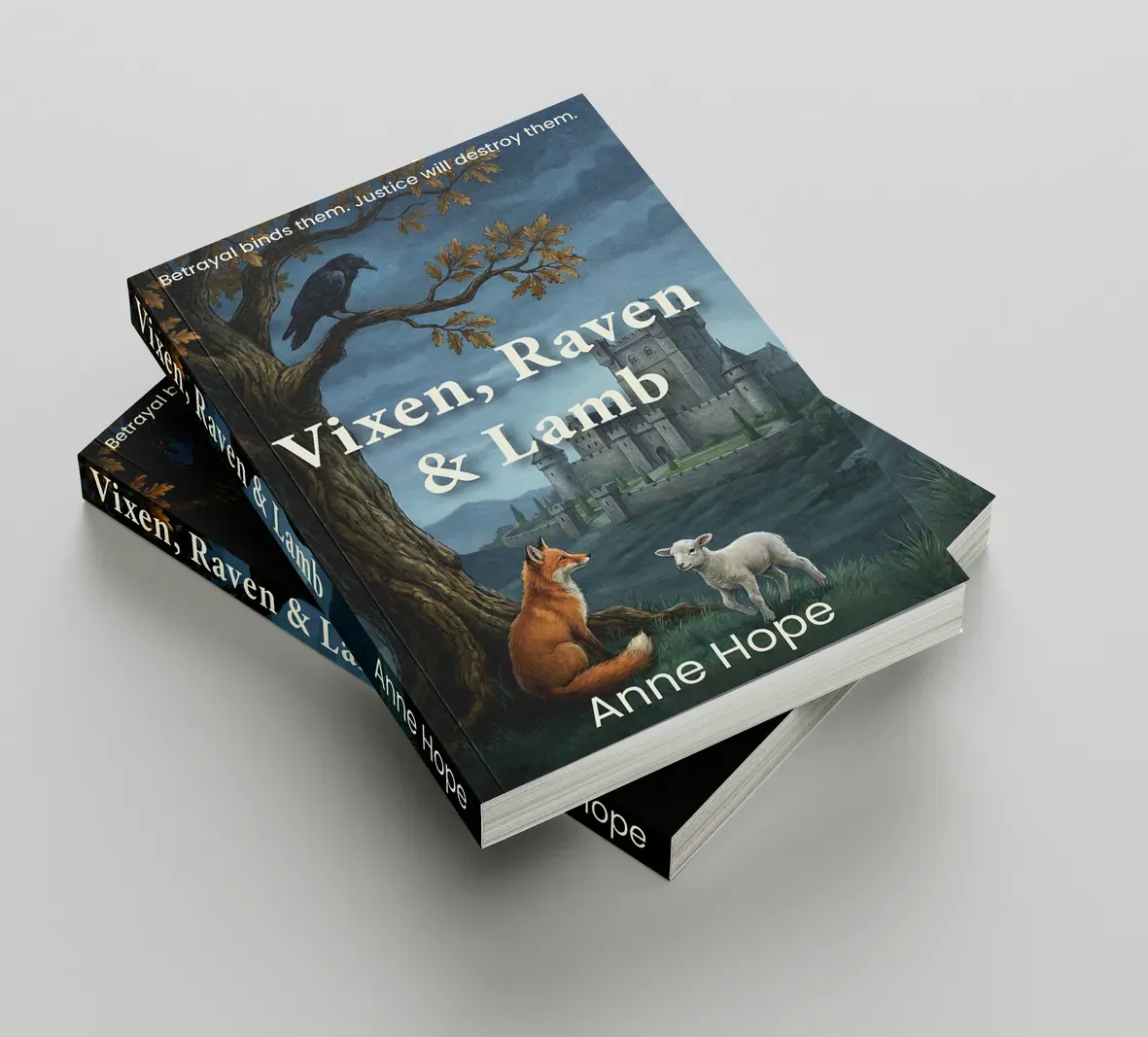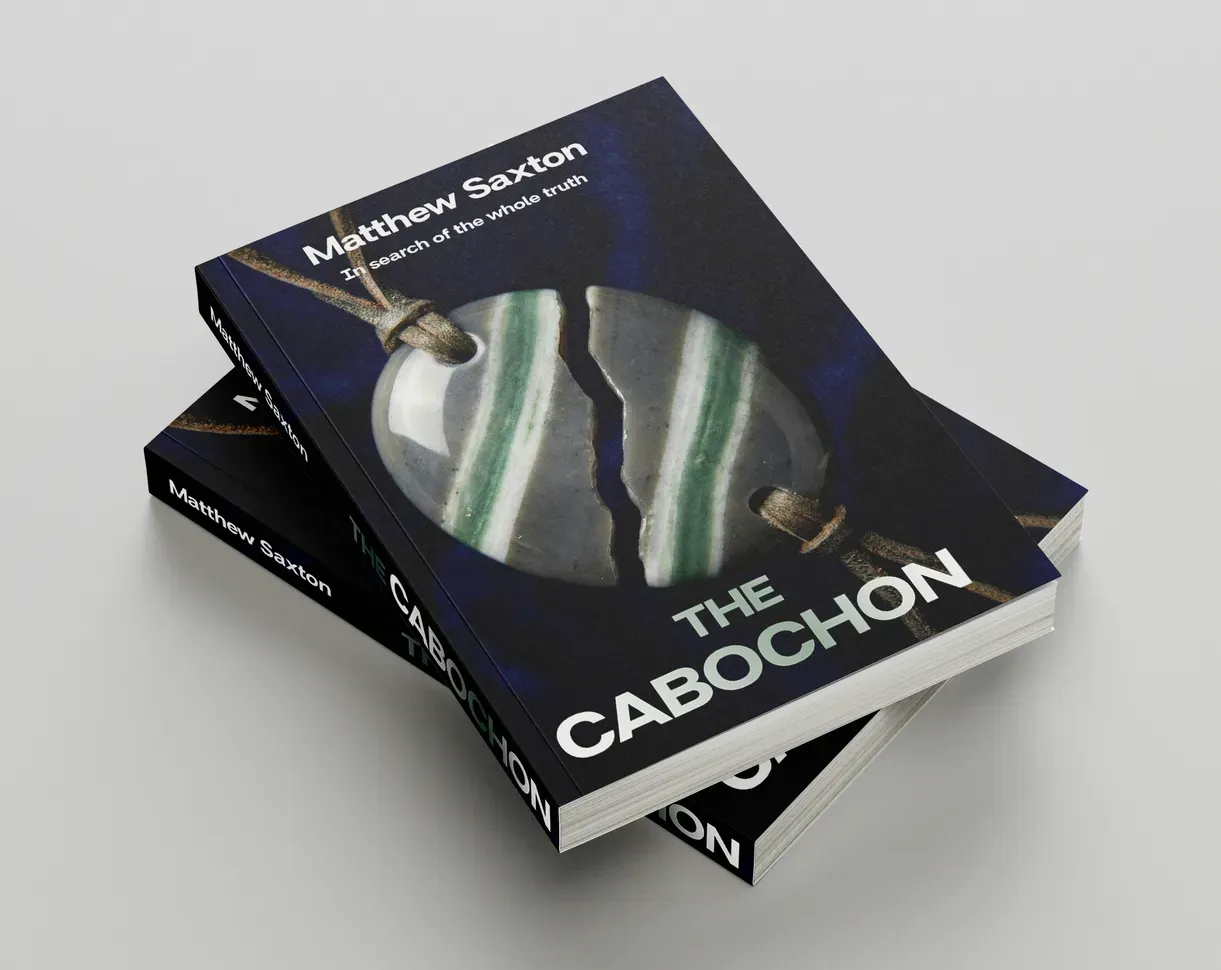ISBN, Metadata & Keywords: How to Make Your Book Discoverable
ISBN, Metadata & Keywords: How to Make Your Book Discoverable
Why Metadata Matters for Indie Authors
Your book metadata — the behind-the-scenes details about your title — is one of the most powerful tools for driving visibility and sales. It’s how online stores and libraries categorise, index, and recommend your book. Get it right, and readers can easily find you. Get it wrong, and your book can disappear into the digital void.
For self-published authors, understanding ISBNs, categories, and keywords can mean the difference between your book reaching the right audience or being invisible.
Understanding ISBNs (Do You Need One?)
An ISBN (International Standard Book Number) is a unique identifier for your book.
It’s used by retailers, libraries, and distributors to track and sell your title.
Each format (eBook, paperback, hardcover) needs its own ISBN.
Options for UK self-publishers:
Buy your own ISBN from Nielsen UK ISBN Agency. This keeps you listed as the publisher and gives you full control.
Use a free Amazon KDP ISBN —
easier and cheaper, but Amazon will be listed as the publisher of record.
Tip: If you plan to sell beyond Amazon or want to keep your imprint name, buy your own ISBN.
Crafting Effective Book Metadata
Metadata includes everything readers and search engines use to understand your book. The key components:
1. Title & Subtitle
Keep it clear, keyword-friendly, and genre-relevant.
Example:
The Self-Publishing Workbook: A Practical Guide for First-Time Authors.
2. Book Description
Your blurb doubles as sales copy and search text.
Use the first 150–200 words to hook readers and naturally include relevant keywords.
3. Categories & BISAC Codes
Online stores use BISAC (Book Industry Standards and Communications) categories to sort books.
Choose two primary categories that accurately reflect your book’s genre and audience.
Research similar successful books to see what categories they use.
4. Keywords
Amazon lets you add up to 7 keyword phrases.
Think like a reader: “how to self publish UK,” “fantasy romance series,” “thriller books set in London.”
Use tools like Publisher Rocket or even Amazon’s autocomplete to find popular search phrases.
5. Contributor Information
Ensure your author name is consistent across formats and platforms to build brand recognition.
Updating Metadata After Publication
Many authors don’t realise: metadata isn’t permanent.
You can update your Amazon keywords, categories, and book description to improve discoverability over time.
If sales plateau, experiment with new categories or rewrite your blurb.
Professional Support for Metadata Done Right
Getting your metadata right the first time can feel technical and confusing — especially when Amazon’s options seem vague. At Dave Palmer Consulting, we help authors:
- Choose effective categories and BISAC codes
- Optimise Amazon keywords to boost visibility
- Write compelling, search-friendly book descriptions
- Register ISBNs correctly for long-term control
Final Thoughts
Your book’s metadata is marketing in disguise. Don’t treat it as an afterthought. Taking the time (or getting expert help) to optimise your ISBNs, categories, and keywords can dramatically improve your book’s discoverability — and sales.
Need Help With ISBN & Metadata?
Let Dave Palmer Consulting guide you through ISBN registration, metadata optimisation, and keyword selection so your book is easy to find and buy.
















